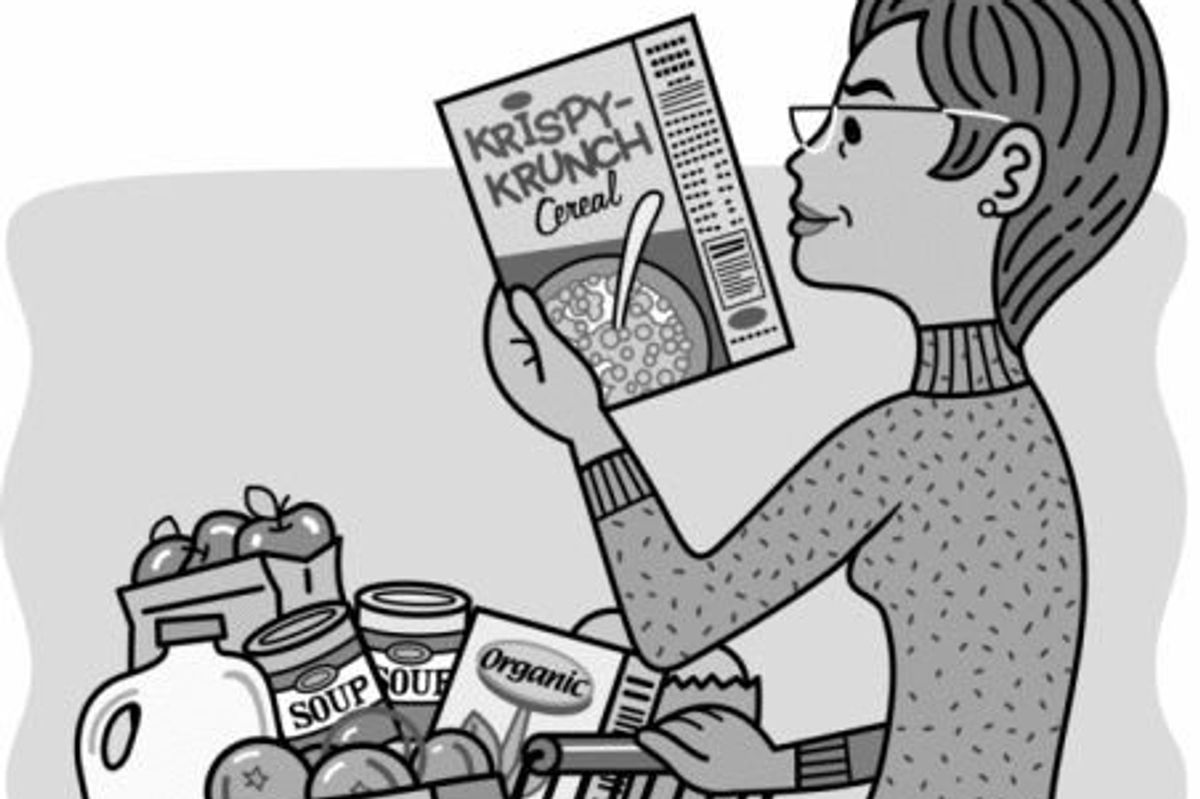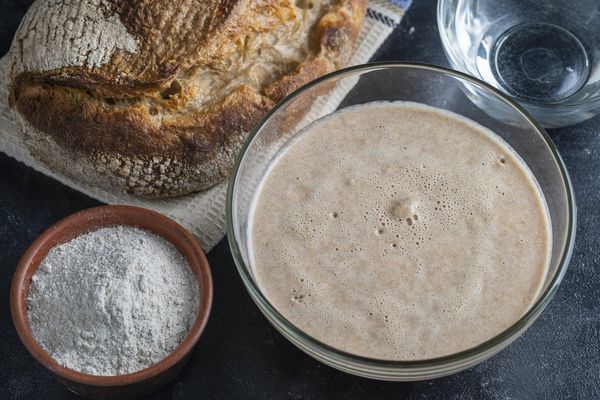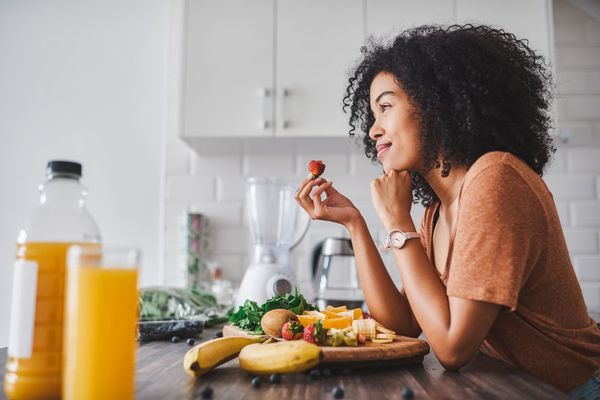A reader recently sent me this email:
"In my efforts to stay healthy, I try to look for organic, natural foods. But it's so confusing to me. How do you know what to buy?"
I must admit it's confusing to me as well (as well as most people I talk to). After all, any kind labeling or words jumbled together is confusing no matter what (my eyes glaze over at the tiny writing and oft-times mysterious words). So in my effort to help this reader – and help all of us – I've attempted to gather up some information to make the age-old question – to buy or not buy organic – a bit less of a conundrum.
The difference between conventional and organic farming:
Organic farming encourages soil and water conservation and makes an all-out effort to reduce pollution. Rather than using conventional methods to fertilize, control weeds and prevent livestock disease, organic farmers do things like apply natural fertilizers (like manure or compost) to feed soil and plants. And you won't see them spraying insecticides to reduce pests and disease, but instead they may use insects and birds, mating disruption or traps to reduce pests and disease. Other organic farming practices include rotating crops, hand-weeding or mulching to manage weeds. Antibiotics, growth hormones and medications are a no-no. Instead, animals graze on organic feed and have access to the outdoors.
A few words about the Organic label:
All organic foods are required to meet strict government standards by the USDA in order to be certified organic.
100 percent organic – These are products that are completely organic or made of all organic ingredients.
Organic – These are products that are at least 96 percent organic.
Made with organic ingredients – These are products containing at least 70 percent organic ingredients. They may not use the organic seal on their packages.
What’s "all-natural," "free-range," or "hormone-free"?
Don't confuse these terms with "organic." They may be important to you, but it doesn't mean they're organic.
What does it really mean?
There are so many considerations that make things confusing. Here are some things to help you determine the impact of organic:
Nutrition: Although the USDA certifies the foods, it's not saying they're more nutritious than conventionally-grown foods.
Quality and Appearance: Organic fruits and veggies can spoil more quickly since they're not treated with waxes and preservatives. They also may have a different shape, color and size than conventional fruits and veggies. But their quality is one and the same.
Environment: Organic farming definitely has a positive influence on the environment by reducing pollution and conserving water and soil.
Cost: I must admit I'm sometimes turned off by the higher prices you have to pay for organic. But then I have to remind myself it's because the farming practices are more expensive, there are tighter government regulations and lower crop yields. And then there's the fact that the farmers are not using pesticides or herbicides and that organic farming is a lot more labor intensive.
So what if you don't buy organic?
If you choose to go the conventional route, there are still things you can do to be safer.
Buy fruits and veggies in season. These will be freshest. And try to buy your produce the day it shows up in your market to ensure you're getting the freshest food possible. Better yet, visit a farmer's market to get the food straight from the farm.
Click here for a link to the best farmer's markets.
Wash thoroughly (even with organic). To reduce the amount of dirt and bacteria, rinse under running water. If the fruits or veggies have tough skin, you may want to use a small scrub brush or even peel off the outer skin (peeling may reduce the amount of nutrients and fiber, though). For info on the "dirty dozen," produce that carries more pesticide residue,
click here.
Remember this: In addition to washing and peeling off the skin, trim the outer leaves of leafy vegetables. And it's important to realize that some pesticide residue can collect in fat, so remove the fat from meat and the skin from poultry and fish before cooking. I realize that some people like to cook with the skin on to give the food more flavor, so yourself a favor and at least remove it before you pop it in your mouth.
This Matters> Buying foods that have not been treated with hormones, pesticides and the like undoubtedly will make them safer to eat. But if you can't buy organic, don't forgo the importance of bringing lots of fruits and veggies into your life.
You may also want to read:
Decoding a nutrition label
Ten easy ways to fight cancer with nutrition







